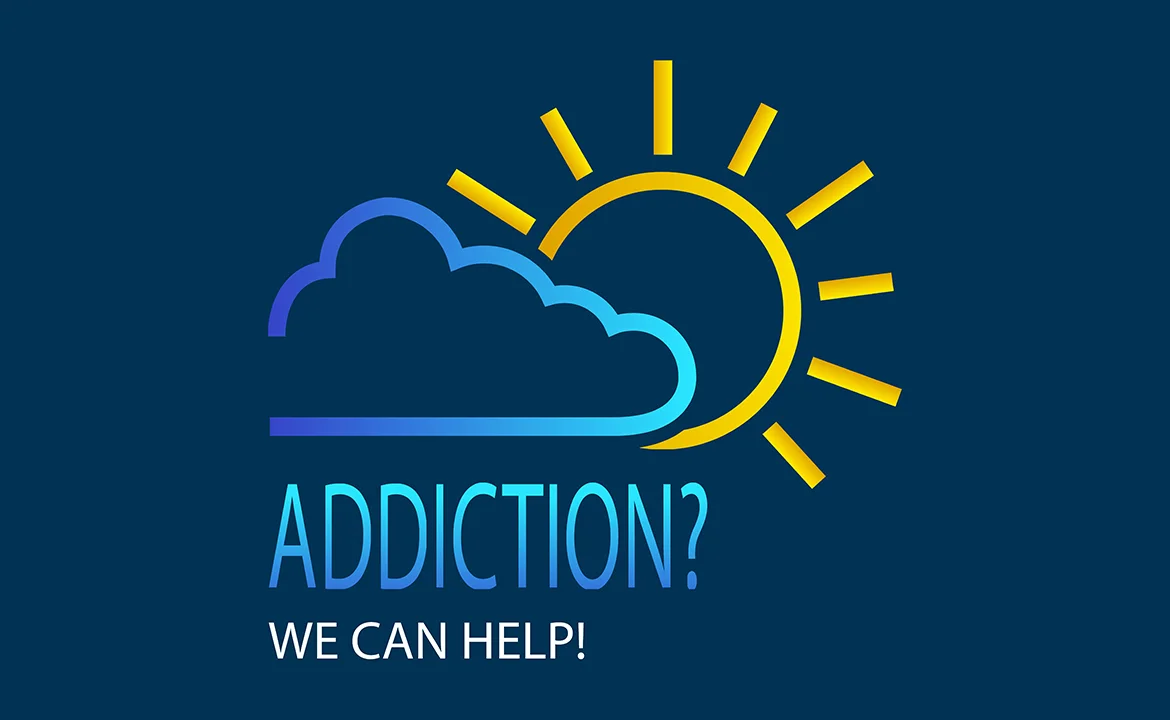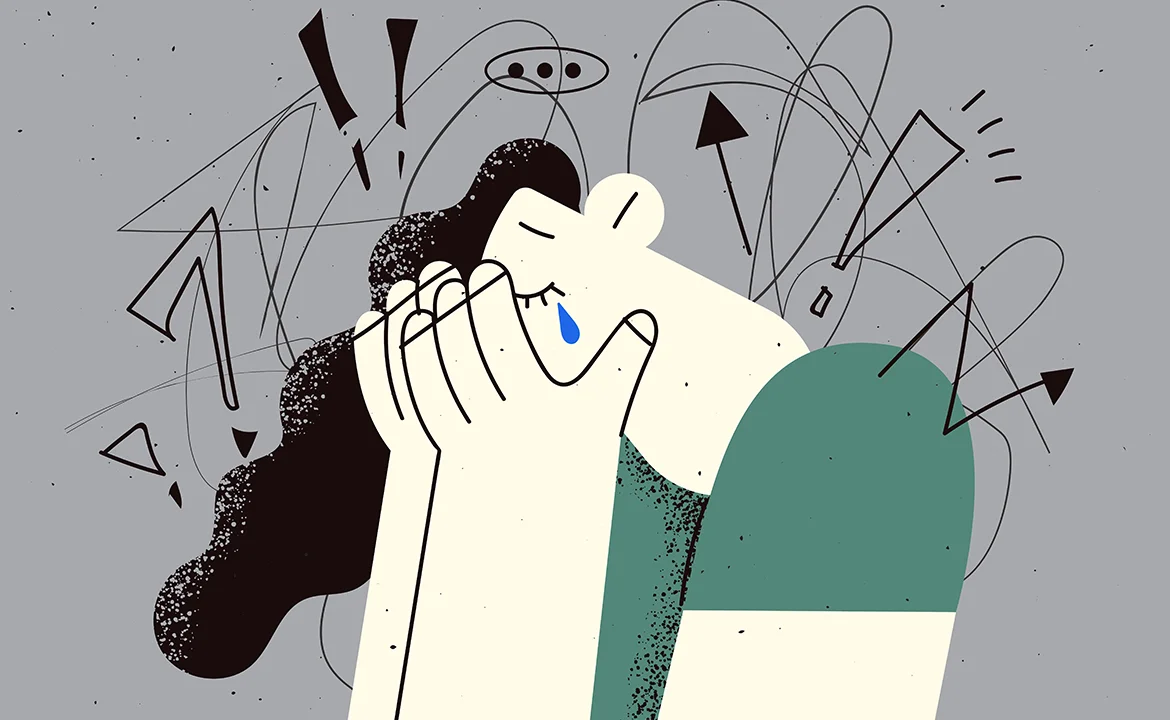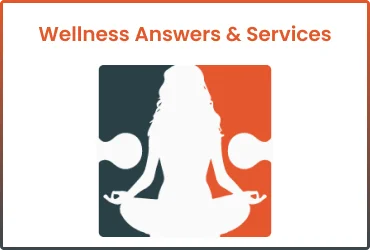The mission of Adult Children of Alcoholics is to support and advocate for all children of adult alcoholics and their families.
Being A Child Of An Alcoholic
Research shows alcoholism tends to run in families
When children are exposed to an environment saturated with alcoholism and dysfunction, their chances of abusing alcohol themselves increase four times.
There is also a strong link between alcoholism and child abuse. With more than one million kids falling victim to child abuse each year, state welfare records have shown that alcoholism is most likely to be involved.
Adult children of alcoholics
Adult Children of Alcoholics is a twelve-step program, not unlike the traditional AA 12-step program. Adult children of alcoholics are people who have been raised in alcoholic and dysfunctional homes.
ACA members meet regularly to share their experiences of growing up in an abusive and dysfunctional home and the neglect and trauma they endured in their childhood and even through their adult lives.
ACA members believe these experiences influence how they deal with all aspects of their lives, and meeting with others provides an opportunity for support, insight, and healing.
ACA approach and reputation
ACA takes pride in the fact that it has a reputation for providing a safe, nonjudgmental environment that allows people to grieve their childhoods and conduct an honest inventory of themselves and their families so they can:
- Identify and heal core trauma
- Experience freedom from shame and abandonment
- To become their own loving parents
Common traits and experiences of adult children of alcoholics
- Feeling isolated and afraid of people and authority figures
- Being approval seekers and losing our identity in the process
- Feeling frightened by angry people and any personal criticism
- Becoming an alcoholic or feeling the need to marry one
- Feeling responsibility and guilt as to what has happened to them
- Having trouble standing up for themselves and thereby giving their power away to others
- Being addicted to intense feelings of excitement
- Wanting to get close to dysfunctional people thinking you may be able to rescue them from themselves
- Feeling as if they are unable to express their true feelings because it shows vulnerability and is too painful to relive
- Judging ourselves harshly and having a very low sense of self-esteem
- Having dependent personalities who are terrified of abandonment and will do anything to hold on to a relationship
- Taking on the characteristics of an alcoholic without ever having a drink








